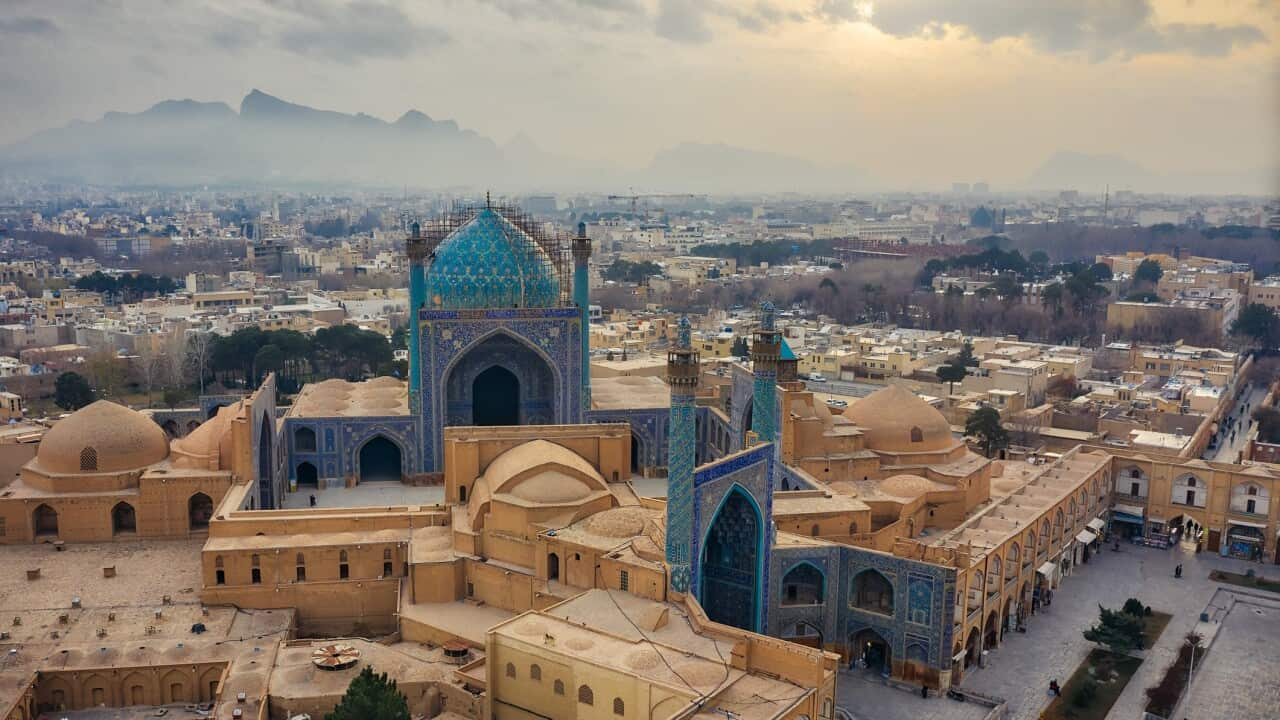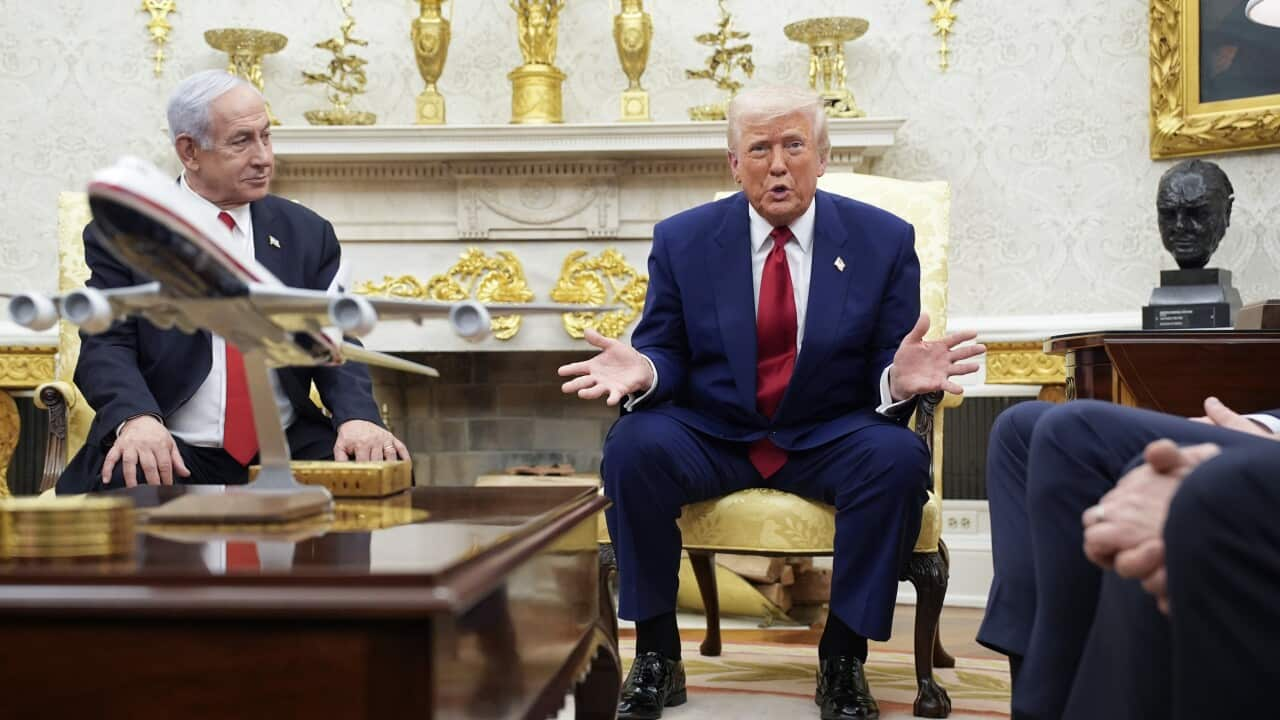United States President Donald Trump is putting "maximum pressure" on Iran to end its nuclear program, which a United Nations (UN) watchdog has described as "dramatically accelerating".
US-Iran talks are set to take place in Oman on Saturday, with senior US officials hopeful the discussions will persuade Iran to halt its pursuit of nuclear weapons — something Iran has consistently denied as its goal.
US secretary of state Marco Rubio said on Thursday: "We hope that'll lead to peace. We've been very clear [that] what Iran is never going to have is a nuclear weapon, and I think that's what led to this meeting."
Since his inauguration, Trump has imposed several sanctions targeting Iran and its crucial oil assets in what he described as a maximum pressure campaign.
"If the talks aren't successful with Iran, I think Iran is going to be in great danger," Trump said earlier this week.
The US and Iran held indirect talks during former president Joe Biden's term, but they made little if any progress. The last known direct negotiations between the two governments were under then-president Barack Obama, who spearheaded the 2015 international nuclear deal that Trump later abandoned.
Does Iran have nuclear weapons?
Western powers accuse Iran of secretly aiming to develop nuclear weapons by enriching uranium to a high level of fissile purity beyond what is deemed necessary for a civilian atomic energy program.
While Iran has been open about its stores of enriched uranium, it has consistently denied possessing nuclear weapons and insists its nuclear program is solely intended for civilian energy purposes.
The International Atomic Energy Agency estimates Iran's stockpile of 60 per cent enriched uranium could be enough to produce approximately six nuclear bombs if further enriched to the final level.
In 2015, Iran reached an agreement with the US, United Kingdom, France, Germany, Russia, and China, known as the Joint Comprehensive Plan of Action (JCPOA).
Under the terms of the deal, Iran agreed to limit its nuclear ambitions and allow international inspectors access in exchange for the lifting of economic sanctions. The US later pulled out of the deal in 2018.
Iran subsequently violated some of the deal's restrictions, progressively enriching more uranium for nuclear fuel.
What's happening now?
The JCPOA is due to expire in October, and Trump has directed his UN ambassador to work with allies to reintroduce sanctions on Iran. The UK, France and Germany told the UN Security Council last year they are ready to pursue a snapback that would reimpose UN sanctions on Iran.
Meanwhile, the US has said it will take further action against Iran should the anti-nuclear talks in Oman fail over the weekend.
With additional reporting by Reuters.



